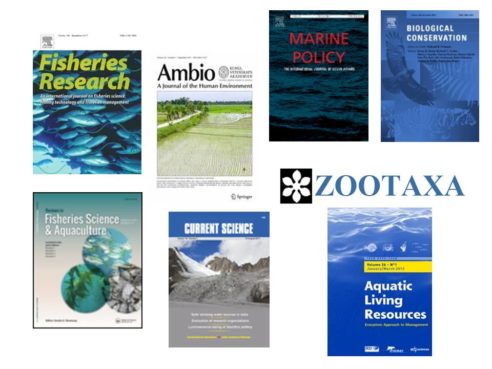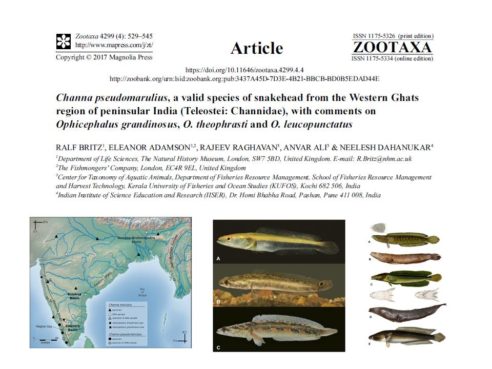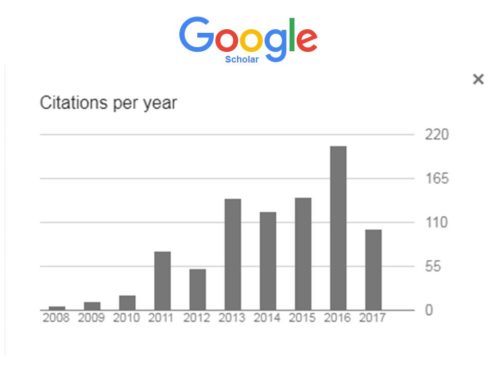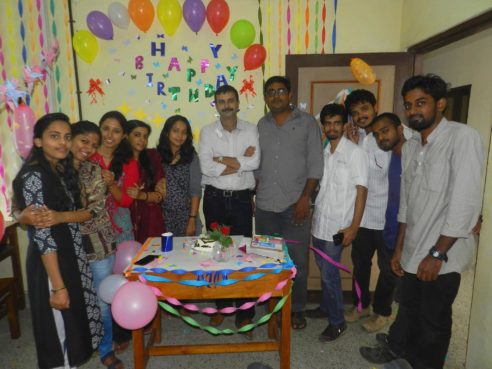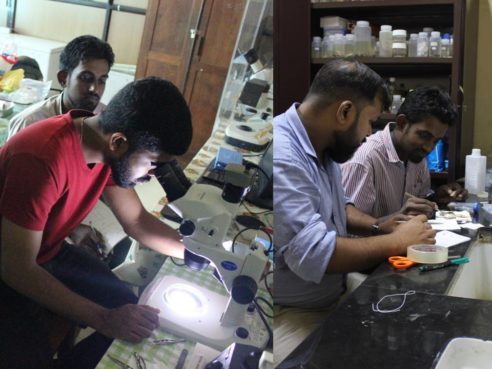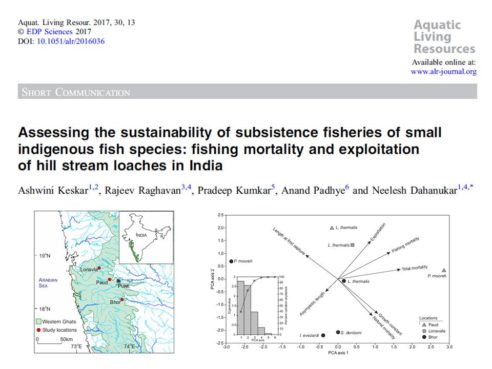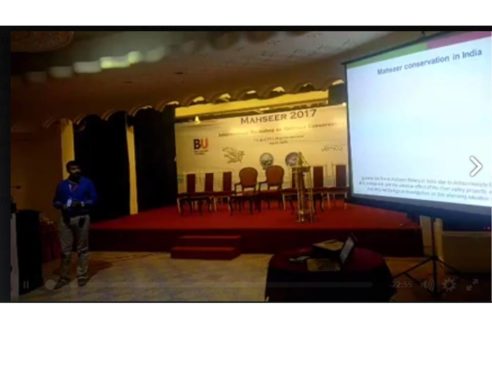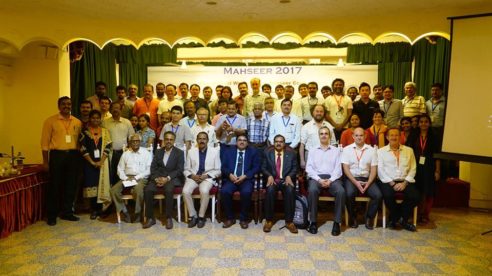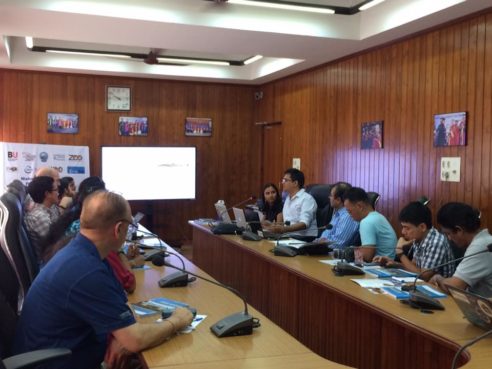Diversity in journals! Eight in eight months of 2017!!
Research from the lab has found its way to eight different journals in the eight months of 2017 with AT LEAST two more to be represented by the end of the year! read more →
Doctoral Fellowships from the Kerala State Biodiversity Board
Congratulations to PhD students Anoop V.K and Arya Sidharthan for being selected for the Kerala State Biodiversity Board’s Doctoral Fellowship 2017. While Anoop will use this fellowship to work on the systematics and evolution of hill stream loaches of the family Nemacheilidae in Western Ghats, Arya will focus her research on the taxonomy and ecology of.. read more →
New paper on sustainability of small-scale fisheries in Western Ghats
Small, least conspicuous fish species are targeted through subsistence fisheries in many regions of the world, but little is known about their population dynamics or exploitation levels. In the Western Ghats of India, part of a global biodiversity hotspot and an exceptional region of freshwater fish diversity and endemism, several small species of loaches are.. read more →
Mahseer 2017 – Rajeev Raghavan delivers a talk on the ‘past, present and future of stocking in India’
Dr. Rajeev Raghavan delivered a talk entitled ‘Mahseers on the move: past, present and future of stocking in India at Mahseer 2017 – International Workshop on Mahseer Conservation held at Hotel International, Kochi, India on 5th of April 2017. A video of the talk can be accessed from https://www.facebook.com/search/top/?q=mahseer%20trust read more →
Mahseer 2017 – International Workshop on Mahseer Conservation
Rajeev Lab co-organized and hosted the Mahseer 2017 – International Workshop on Mahseer Conservation at Hotel International, Kochi, India on 5th and 6th April 2017. The Workshop brought together more than 60 mahseer and river conservation experts from India, Bhutan, Malaysia, Thailand, United Kingdom and Canada to discuss and build a roadmap for mahseer conservation. read more →
Mahseer Conservation Planning Workshop
The Rajeev Lab hosted mahseer experts from around South and South East Asia for a conservation planning workshop. The workshop was co-organized by the Bournemouth University (UK), Mahseer Trust (UK), Zoo Outreach Organization (ZOO), IUCN’s Conservation Breeding Specialist Group – South Asia and Freshwater Fish Specialist Group – South Asia, Lively Waters Initiative and the Kerala.. read more →

